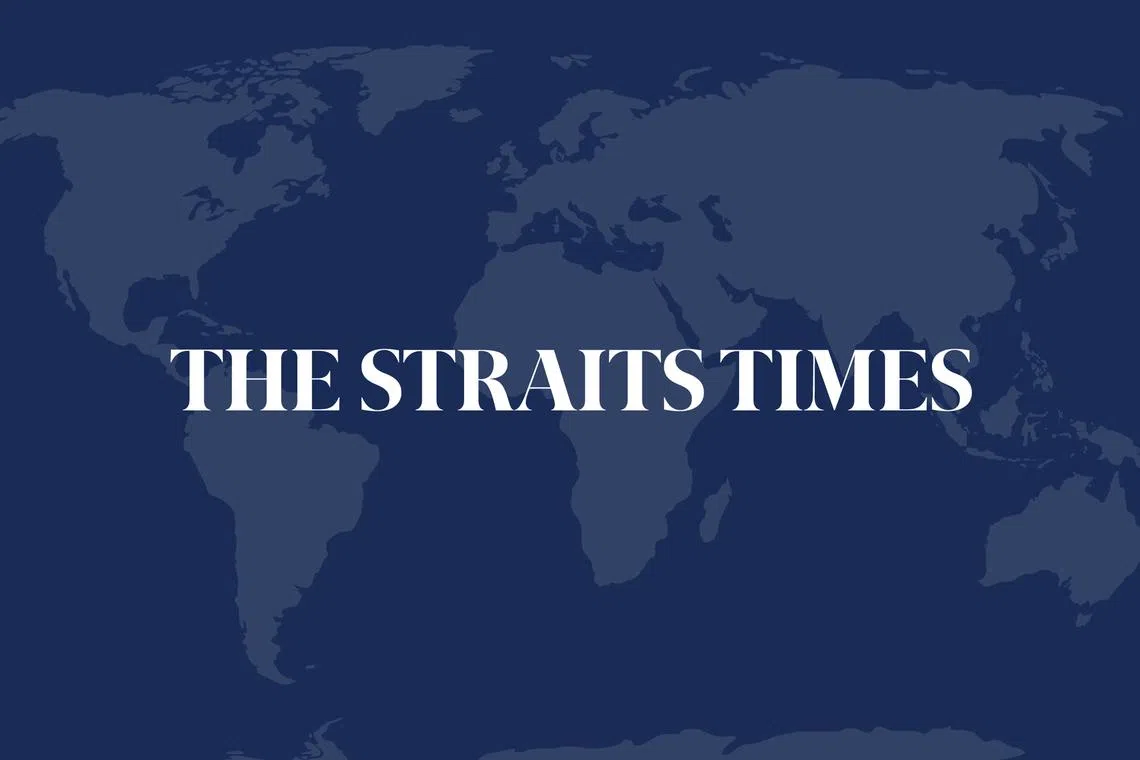SEOUL - South Korean opposition parties raised a motion to impeach acting President Choi Sang-mok on March 21, the majority Democratic Party said, in a move likely to escalate recent political strife in the country.
Although the motion starts a process that would lead to a vote by Parliament to pass it by a simple majority, the timetable was not immediately clear.
Mr Choi, who is the finance minister, has been leading the country after President Yoon Suk Yeol was impeached over a short-lived martial law he declared in December 2024.
Mr Choi has angered opposition parties, which have a commanding majority in Parliament, by repeatedly vetoing Bills and holding off appointing a Constitutional Court justice approved by the assembly which is viewed as liberal-leaning.
His office said it had no comment. On March 20, Mr Choi said his focus is entirely on stabilising the country, which is in the midst of international and domestic turbulence, calling it a “luxury” for him to think about his future.
The court is reviewing Mr Yoon’s impeachment and is expected to deliver its ruling on whether to permanently remove him from office or reinstate him.
The Democratic Party was aware of the fatigue among the public and in Parliament over the more than two dozen motions it has brought to impeach officials from the Yoon administration, Myongji University Professor Shin Yul said.
But appointing one more liberal judge to the court could have major political repercussions since it increases the prospect of ousting Mr Yoon and forcing a new election, Prof Shin said.
“There is just one thing the Democratic Party is aiming for and that’s an early election, and as early as possible at that,” he said.
Democratic Party leader Lee Jae-myung leads polling about who should be the next president.
He faces multiple criminal trials himself that could disqualify him from running for election. The charges include election law violations and misuse of public funds.
If Mr Choi’s presidency is vacated, a new election must be held within 60 days.
As the wait for the court’s ruling has dragged on, tensions between opposing parties in Parliament and on the streets have intensified amid calls for and against Mr Yoon’s ouster.
The majority of the public backs Mr Yoon’s removal, according to public opinion polls, although support has ebbed since the initial days after the martial law declaration in December 2024.
A Gallup Korea poll released on March 21 showed 58 per cent of respondents supported Mr Yoon’s removal. His martial law decree plunged Asia's fourth-largest economy, which had been considered a thriving democracy, into an unprecedented constitutional crisis.
Opposition parties also impeached Prime Minister Han Duck-soo after he became acting president. The Constitutional Court is due to rule on his impeachment on March 24; if it is struck down, that would mean Mr Han would return and replace Mr Choi as acting leader.
The Democratic Party has said Mr Choi has been violating his constitutional duty by refusing to appoint the Constitutional Court judge despite a ruling by the top court that such inaction was infringing on Parliament’s authority. REUTERS
Join ST's Telegram channel and get the latest breaking news delivered to you.

 By The Straits Times | Created at 2025-03-21 09:28:17 | Updated at 2025-04-04 18:15:17
2 weeks ago
By The Straits Times | Created at 2025-03-21 09:28:17 | Updated at 2025-04-04 18:15:17
2 weeks ago








